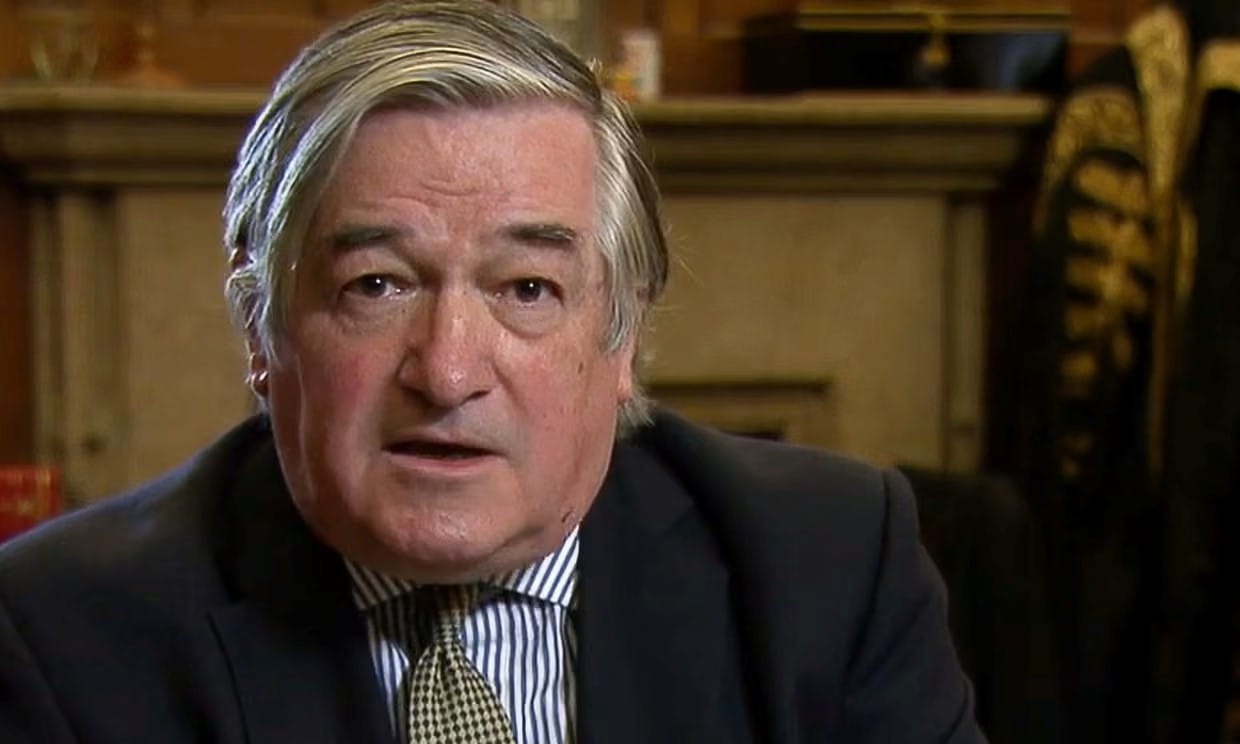Grijns v Grijns & Ors [2025] EWHC 1413 (Ch)
Master Bowles (sitting in retirement). Failed proprietary estoppel claim by son who lived in his parents’ Chelsea property for over 20 years.
Judgment date: 12 June 2025
https://caselaw.nationalarchives.gov.uk/ewhc/ch/2025/1413
Master Bowles (sitting in retirement).
Summary
Failed proprietary estoppel claim by son who lived in his parents’ Chelsea property for over 20 years.
Overview
The claimant (Andrew) had occupied a large property in Chelsea, owned by his parents (Janice and Leendert) since 1999. In 2023 his mother sought to remove him from the property to facilitate its sale. Andrew claimed an interest in the property based on proprietary estoppel. The court undertook a detailed analysis of the complex factual and legal background. Ultimately, Andrew’s claim failed, with the court finding his evidence to be of ‘very poor quality’ and preferring Janice’s version of events. The case provides a stark reminder that mere long occupancy or informal family promises are insufficient to sustain a proprietary estoppel claim – all aspects of the test must be satisfied.
Background
The claimant (Andrew) had occupied part of a freehold property owned by his parents in Chelsea, London, since 1999 (when he was aged 24).
The property was a large four bedroomed terraced house including a self-contained flat on the lower floor (31A); it was estimated to be worth c. £3.85m.
Throughout Andrew’s occupation of the property, he was largely responsible for its maintenance and the external rental of 31A. Although his parents continued to use the property, over time, Andrew gradually occupied more space. Andrew made sporadic payments to his parents for his use of the property which varied from no payment at all to £1,550 a month.
It is clear that the relationship between Andrew, his mother and his brothers became strained over the years, causing a number of issues relating to the sale and rental of the property and Janice’s will. Matters came to a head in 2023 when notices to quit were served on Andrew, followed by a physical altercation involving Janice and his brothers allegedly attempting to remove him from the property.
The claim
Andrew brought a claim for proprietary estoppel against his mother, and a trespass claim in relation to the alleged forced entry by Janice and his brothers.
Several significant factual disputes arose, particularly regarding:
- whether Andrew had been promised an interest in the property,
- whether he had rented 31A with or without Janice’s consent and
- Andrew’s financial contributions to the property.
To support his proprietary estoppel claim, Andrew cited approximately £80,000 in maintenance and renovation works undertaken since 1999, allegedly on the understanding the property would eventually be his. He also claimed to have declined job opportunities abroad and refrained from moving elsewhere in London to stay at the Chelsea property.
However, evidence showed that Andrew used his salary for luxury holidays and cars, and a property in Monaco. Additionally, he had declared in his Form E during his divorce proceedings that the Chelsea property was owned by his parents.
Janice contested the claim, asserting that Andrew had lived there as a bare licensee since around 2016 and that the licence had been lawfully terminated, making him a trespasser. Alternatively, if Andrew were found to have a beneficial interest, Janice sought an order for sale under s 14 of the Trusts of Land and Appointment of Trustees Act 1996.
Janice sought mesne profits (or damages for use and occupation) from the date of licence termination, along with an account of profits from Andrew’s alleged unauthorised rental of 31A.
Legal principles
The court summarised the following requirements for a proprietary estoppel claim:
(1) The promise
- There must be a promise or assurance of an interest in, or right over, land.
- This may range from a right of occupation to a freehold interest.
- The assurance must be of sufficient quality to be reasonably understood as having been seriously intended to be relied upon, regardless of whether the promisor intended it to be taken seriously.
(2) Reliance on the promise
The reliance must be reasonable, based on the nature and quality of the assurance/promise made.
(3) Detriment
Detriment is assessed at the point of reliance and must be sufficiently substantial (considering Gillett v Holt [2001] Ch 210).
(4) Unconscionability
Unconscionability is an overriding factor for the court to consider. If the conduct does not shock the court’s conscience, the analysis may need to be revisited.
Judgment
Proprietary estoppel
Andrew’s claim for proprietary estoppel ultimately failed. The court found that Andrew’s parents’ intentions crystalised in 2015 when they decided to leave Andrew 2/3 of the property in their wills, to compensate him for receiving nothing from their US estates.
The court was critical of Andrew’s evidence, describing it as ‘very poor quality’ and considered his claim that he had shaped his life around vague promises made at age 24 to be implausible and unrealistic.
The alleged ‘detriment’ from works carried out on the property by Andrew were deemed insufficient and outweighed by the substantial benefit he obtained from living in the property.
Furthermore, having regard to all the circumstances of the case, the court was not persuaded that the refusal of any relief to Andrew would shock the conscience of the court.
Trespass claims
Andrew’s trespass claim also failed. Janice’s trespass claim against Andrew succeeded, though the court concluded it lacked jurisdiction to issue a possession order.
Damages
The court found that Janice was aware that Andrew was renting the property from 2020 and keeping the profits. Therefore, it did not order Andrew to account for his rental dealings.
However, Andrew was liable to pay mesne profits and to account for the net rents received by him after 10 May 2023 (when the notice to quit expired).






